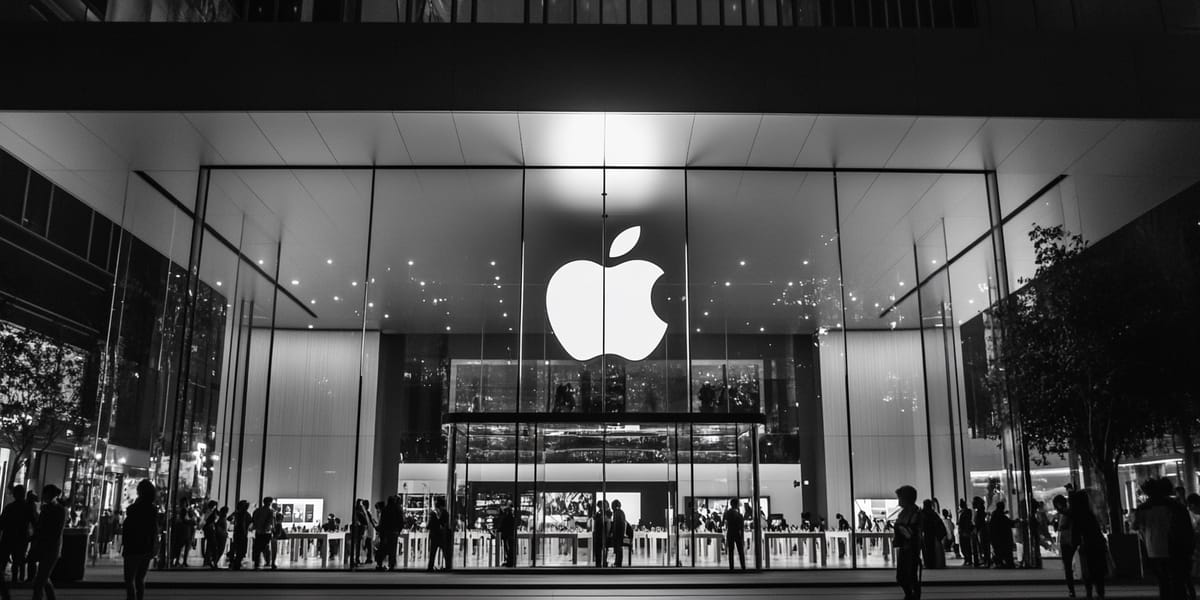Germany Orders Apple and Google to Block DeepSeek AI App Over Data Protection Violations

Germany's data protection commissioner has directed Apple and Google to review blocking DeepSeek's artificial intelligence application from their app stores, according to CNBC. Berlin's data protection commissioner Meike Kamp stated Friday that DeepSeek's transfer of German user data to China violates EU data protection rules. The German regulator asked the tech giants to conduct a "timely review" about whether to ban the Chinese AI service.
Kamp declared the data transfers "unlawful" under European Union General Data Protection Regulation standards. The commissioner expressed concern that Chinese authorities could access German user data sent by DeepSeek to China. German officials noted that DeepSeek has not demonstrated adequate data protection measures equivalent to EU standards. The move represents the latest European regulatory action against the Chinese startup that disrupted global AI markets earlier this year.
Growing European Resistance to Chinese AI Services
This German action follows similar measures across Europe. Italy's data protection authority already blocked DeepSeek from operating in the country after the company claimed it does not fall under EU jurisdiction, according to Reuters. Irish and French data regulators are also questioning DeepSeek about its privacy policies.
Austrian advocacy group Noyb filed privacy complaints against six Chinese tech companies including TikTok, AliExpress, and DeepSeek, claiming they unlawfully send European data to China, Euronews reported. Ireland previously fined TikTok 530 million euros for similar data transfer violations to China. The pattern shows European regulators increasingly scrutinizing Chinese technology companies over data protection compliance.
Expert Matt Holman from Cripps law firm told CNBC that Germany's case could lead to an EU-wide ban. The rules applied in Germany match those across the EU and UK. If Apple and Google remove DeepSeek from their app stores, this would effectively create a bloc-wide restriction.
DeepSeek's Rapid Rise and Regulatory Backlash
DeepSeek gained global attention when it launched an AI model claiming superior performance at a fraction of competitors' costs. The Hangzhou-based startup, founded by Liang Wenfeng in 2023, created waves by using less advanced Nvidia chips restricted by US sanctions, MIT Technology Review documented. The company's app reached the top of download charts, overtaking ChatGPT on Apple's App Store.
However, privacy concerns emerged quickly. DeepSeek's privacy policy states the company stores user data on servers located in China. This arrangement allows potential access by Chinese authorities under the country's broad data access laws. Al Jazeera reported that the model's development cost only $6 million, compared to multibillion-dollar budgets of US competitors.
The startup has faced technical challenges beyond regulatory scrutiny. DeepSeek implemented fixes after experiencing "large-scale malicious attacks" on its services. Security researchers also discovered vulnerabilities in the AI model that could lead to information leakage.
Broader Implications for AI Regulation and Markets
The German action reflects Europe's increasingly assertive approach to AI governance. The EU's AI Act, which entered force in August 2024, establishes comprehensive rules for artificial intelligence systems based on risk levels. European Parliament data shows the legislation requires transparency obligations for AI systems like chatbots.
This regulatory pressure could reshape global AI development. Chinese companies now face growing restrictions in European markets, potentially limiting their international expansion. Traditional financial institutions may benefit as regulatory uncertainty around AI startups increases investor caution. The action also highlights tensions between technological innovation and data protection requirements.
Financial markets showed sensitivity to DeepSeek's initial success, with Nvidia losing nearly $600 billion in market value when the Chinese model challenged assumptions about AI development costs. European regulators' continued scrutiny may restore confidence in established AI companies that comply with strict data protection standards.
Related Reading on Morrow Report
For readers interested in understanding how alternative financial systems compare in terms of efficiency and adoption, the Alternative Financial Systems Index provides comprehensive data on various non-traditional finance approaches. This index analyzes everything from blockchain-based currencies to community banking systems, showing which alternatives demonstrate the highest user adoption rates and lowest transaction costs. The analysis reveals that systems with transaction costs below 0.5% of traditional finance achieve three times higher adoption rates, offering insights relevant to understanding how regulatory pressures might drive innovation in financial technology sectors.




